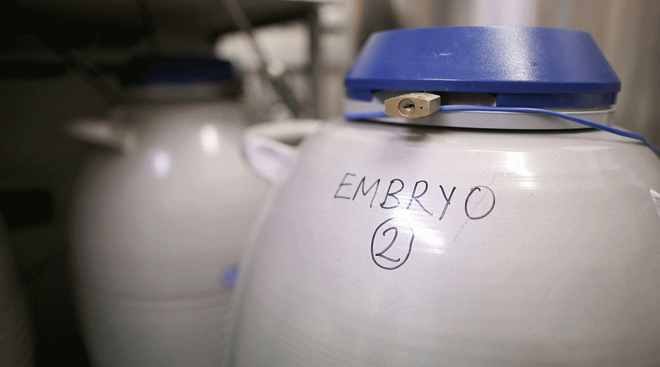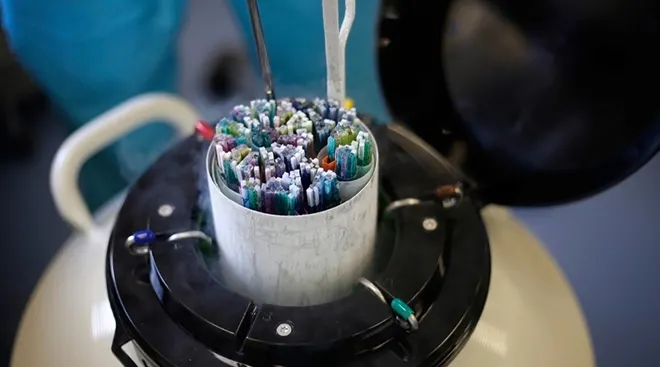A Simple Mouth Swab May Increase IVF Success, Study Says
As more couples turn to in vitro fertilization (IVF) to grow their families, a recent study from Lund University brings promising news that could improve success rates and reduce the risks of IVF. The research shows that by analyzing a woman’s genetic makeup with a simple mouth swab, doctors can better choose the right hormone treatment, ultimately increasing the likelihood of IVF success.
IVF typically involves stimulating a woman’s ovaries to produce multiple eggs, which are then retrieved, fertilized in a lab, and implanted into the uterus. However, selecting the appropriate hormone treatment for egg maturation is a critical step—and it isn’t always straightforward. Not all women respond to hormones in the same way, and the wrong choice can lead to unwanted side effects. Despite IVF advancements, up to 75% of cycles still end in failure, leaving many couples with disappointment.
The Lund University study analyzed the genetic data of 1,466 women undergoing IVF treatment at the Skåne University Hospital in Malmö, Sweden. Researchers discovered that certain genetic variations influence how women respond to different hormone treatments.
Specifically, women with a variation in the FSH receptor (FSHR) gene, which plays a crucial role in egg maturation, responded best to biological hormone treatments. Meanwhile, those without this genetic variation were more likely to succeed with synthetic hormones.
Women whose hormone treatments matched their genetic profiles saw a 38% increase in IVF success, which translates to 110 additional babies born for every 1,000 women treated. This breakthrough could lead to more successful pregnancies and healthier outcomes for women undergoing IVF.
To make this process faster and more accessible, the researchers developed a non-invasive mouth swab test that provides results in just one hour. The test is simple to use and shows clear results—pink or yellow—to indicate the most suitable hormone treatment.
Expected to be available by 2026, researchers remain optimistic for what the new technology could mean for families. “Our hope is that this will reduce the risk of suffering for women, increase the number of successful treatments and cut costs for taxpayers," Yvonne Lundberg Giwercman, the CEO of the company that developed the oral swab test said.
Navigate forward to interact with the calendar and select a date. Press the question mark key to get the keyboard shortcuts for changing dates.





















































